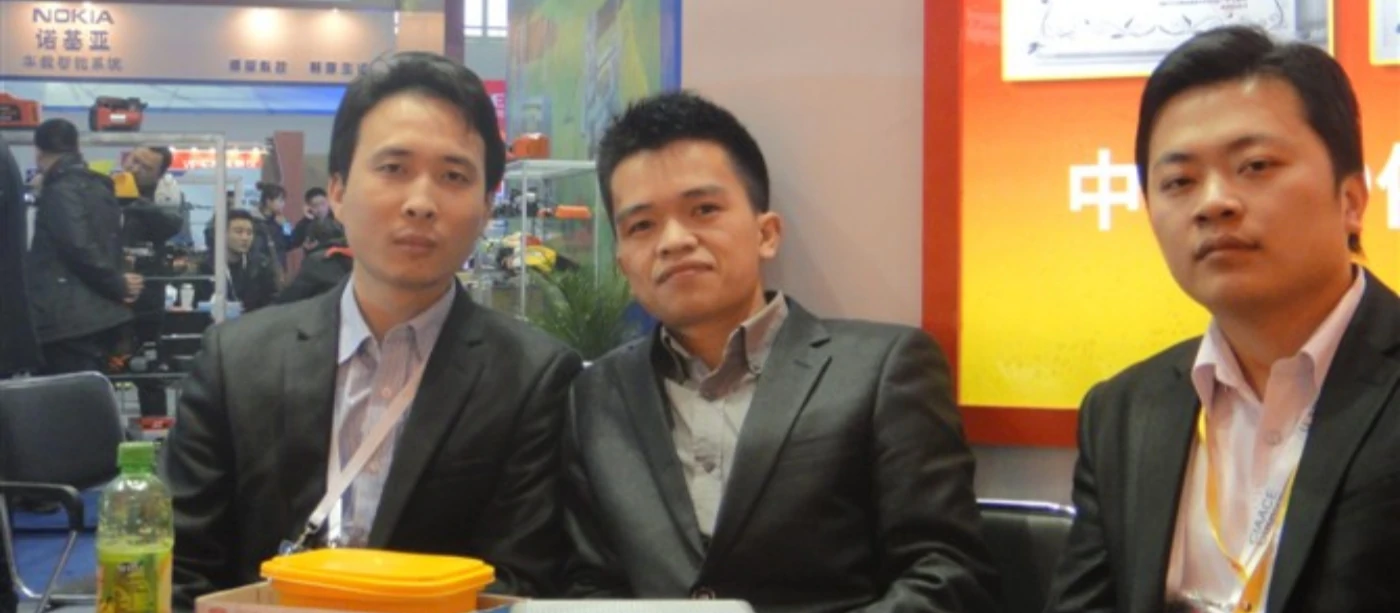
Back in 2005, Qiu Kaijian was a college student at Guangzhou University. Influenced by his own family, he had always had a strong interest in entrepreneurship. He found that many of his classmates had bought personal computers. Yet because most of them bought it for the first time, they were not familiar with some basic operation, i.e. installation of software, configuration, and fixing of bugs. Students with better computer skills were often obsessed with online games. They are eager to improve their PC configuration, so they are willing to work for part-time jobs.

Qiu Kaijian spotted this opportunity, and started his own business for the first time. He hired those skilled students, and offered customers services including customized DIY configuration, installation and maintenance services. Most employees were working on part-time basis, and their services were focused on students in nearby campus. They use their spare time to travel through campus dormitories to provide services, and students often have the best understanding of students’ demands, and the way they provide services is also flexible. Over time, business reputation slowly spread out with word of mouth.

In the early stage of the business,the main customer base were students on the campus of Guangzhou University, and later it expanded to four surrounding universities. It had huge potential of market growth, as Guangzhou is home to a number of colleges and universities. As a result, in just half a year, the number of employees has expanded to over 60 and for several months in a row, the monthly profit maintained above $90,000. For a time, Qiu became the target of envy in his own university as an example of founder of successful college start-up.

One year later, Qiu graduated and moved his business to Guangzhou Pacific Computer City (now Guangzhou Pacific Digital Plaza), focusing on DIY configuration services for HP, Dell and other PC brands, as well as the selling of digital accessories. Shortly it ranked among the top 5 list in terms of sales in that computer city. However, since 2009, as the demand for personal computers gradually declined, the sales shrank and so did the number of employees in Qiu start-up business, with only 17 left. At that point, Qiu began to think about transforming its business and started looking for new opportunities.


